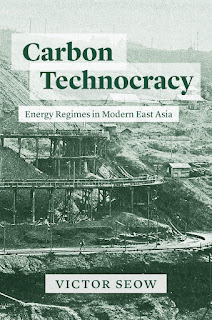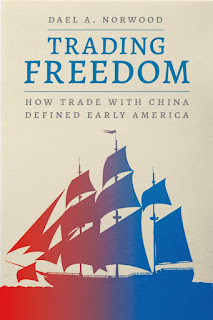 New from Oxford University Press: Why Informal Workers Organize: Contentious Politics, Enforcement, and the State by Calla Hummel.
New from Oxford University Press: Why Informal Workers Organize: Contentious Politics, Enforcement, and the State by Calla Hummel.
About the book, from the publisher:
Informal workers make up over two billion workers or about 50% of the global workforce. Surprisingly, scholars know little about informal workers' political or civil society participation. An informal worker is anyone who holds a job and who does not pay taxes on taxable earnings, does not hold a license for their work when one is required, or is not part of a mandatory social security system. For decades, researchers argued that informal workers rarely organized or participated in civil society and politics. However, millions of informal workers around the world start and join unions. Why do informal workers organize? In countries like Bolivia, informal workers such as street vendors, fortune tellers, witches, clowns, gravestone cleaners, sex workers, domestic workers, and shoe shiners come together in powerful unions. In South Africa, South Korea, and India, national informal worker organizations represent millions of citizens. The data in this book finds that informal workers organize in nearly every country for which data exists, but to varying degrees. This raises a related question: Why do informal workers organize in some places more than others? The reality of informal work described in this book and supported by surveys in 60 countries, over 150 interviews with informal workers in Bolivia and Brazil, ethnographic data from multiple cities, and administrative data upends the conventional wisdom on the informal sector. The contrast between scholarly expectations and emerging data underpin the central argument of the book: Informal workers organize where state officials encourage them to.Visit Calla Hummel's website.
--Marshal Zeringue































